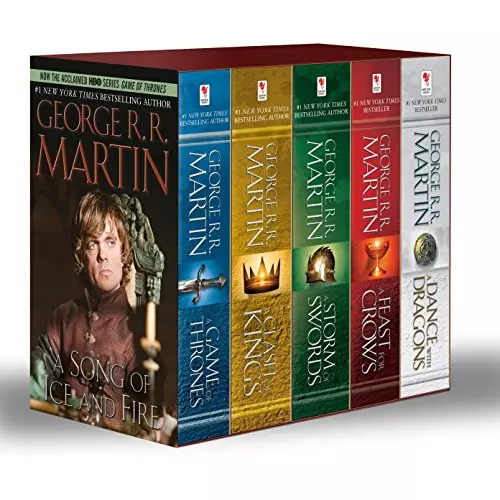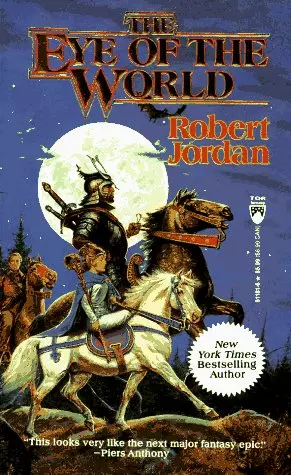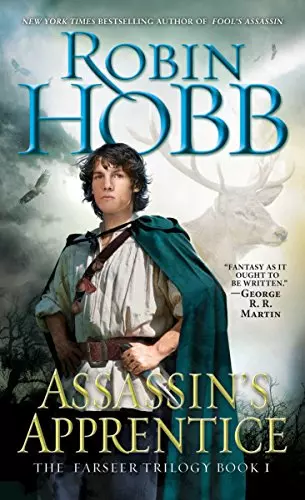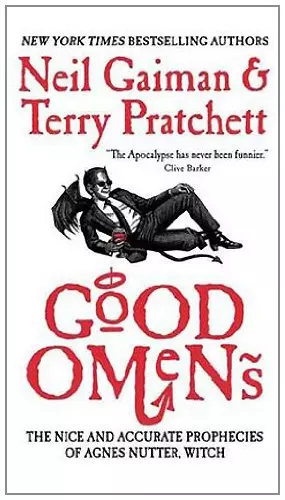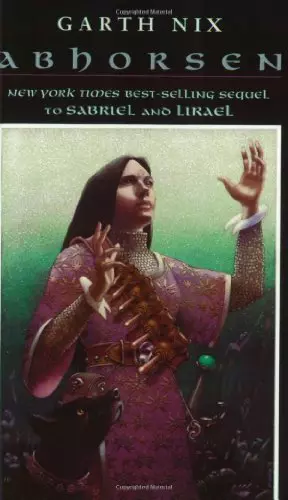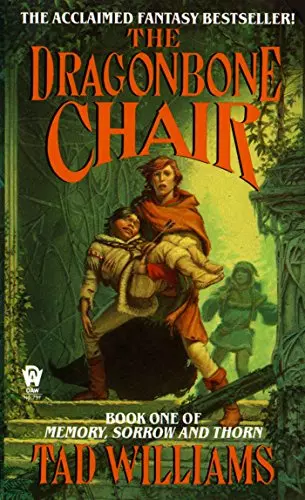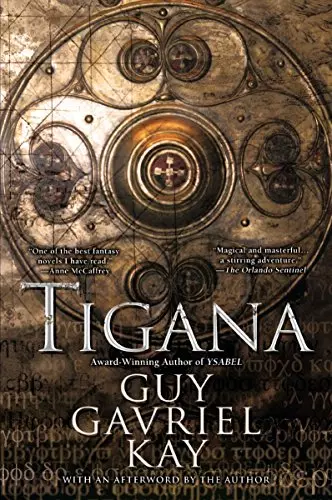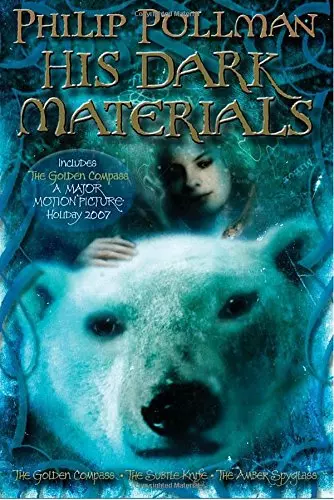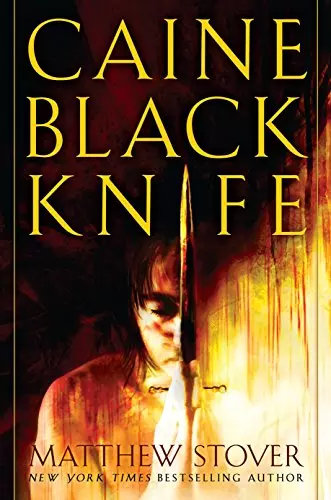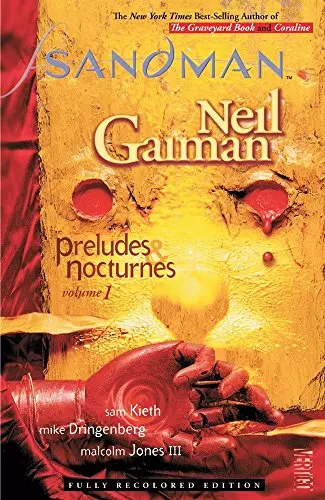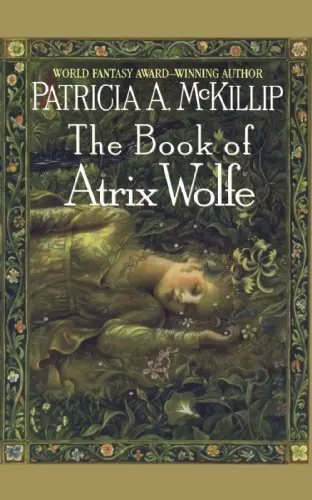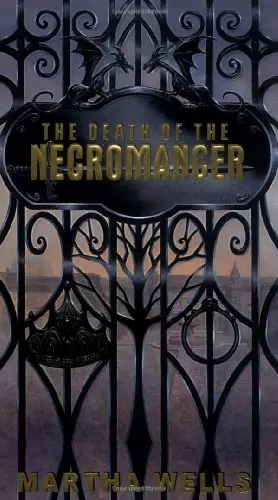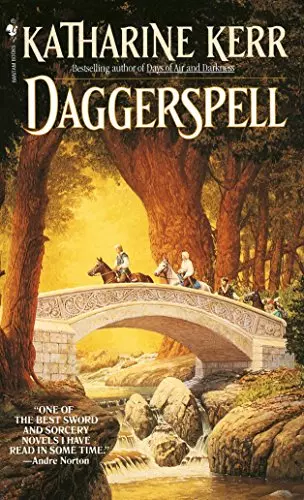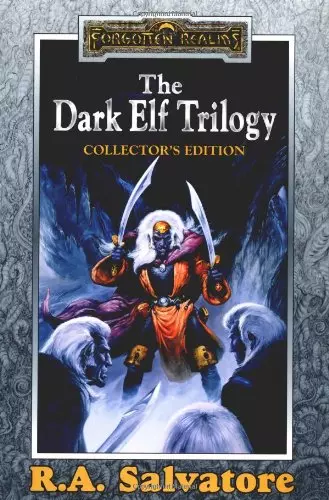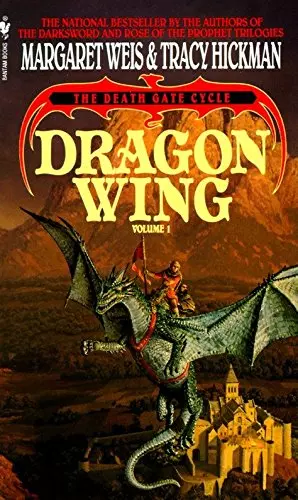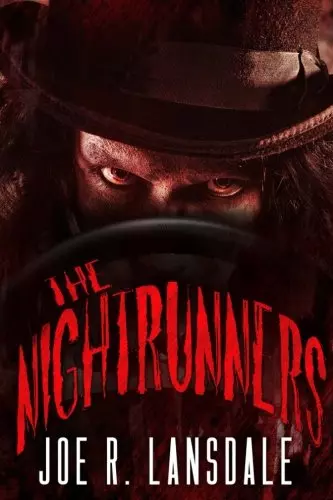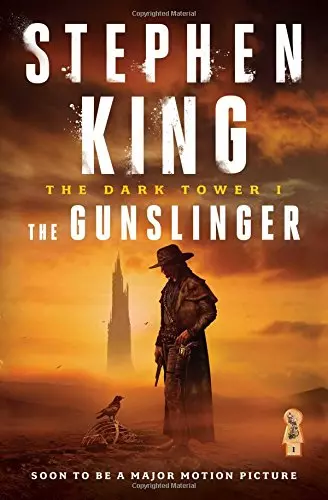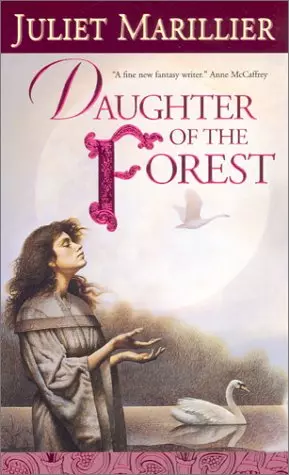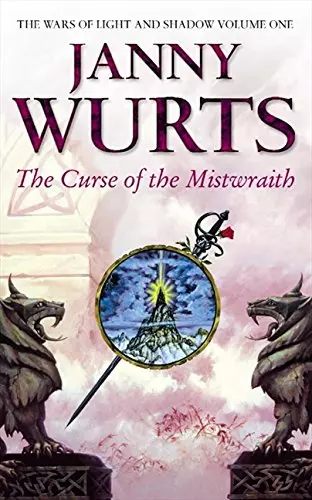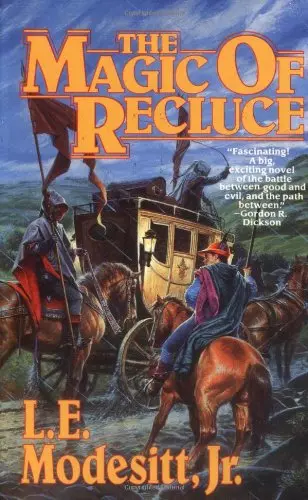Top 25 Best Fantasy Books of the 90's
The Best Fantasy Books Published in the 1990's
Ah the 90's. Bad fashion, bad hair and Nickelback.
If fashion and hairstyles (and arguably music) took a hit, fantasy certainly did not. The 90's saw the emergence of some of the best fantasy ever written, with giants like A Song of Ice and Fire, The Wheel of Time and The Malazan Book of the Fallen born.
The Movement of Fantasy in the 1990's
If we could define the 90's fantasy trend in one world, it would be 'epic.'
Epic is the name of the game -- epic fantasy evolves with authors taking some of the classic epic fantasy trends formulated in the 70's and 80's and makes them bigger, thicker, and a hell of a lot more convoluted.
Many of the most popular fantasy series were of the epic fantasy mold. But you can't have 'epic' without a 'series' and the 90's showed us the supersized version of the fantasy series -- long, long multi volume spanning works covering a single story, usually with years between each new book.
The behemoth that is A Song of Ice and Fire started its long march towards pop culture legend by the end of the 90's, merging the likes of a Shakespearean tragedy with historical fiction and epic fantasy, ushering in a new era of fantasy. Heroes dies, villains win, and the seeds of a award winning TV show were planted, coming to fruition over a decade later.
By the mid 90's, the idea of modern fantasy is fully formed and released upon the masses. If the 80's took the classic fantasy developed in the 50's, 60's, and 70's and made it more complex, more gritty, more self-reflective, then the 90's started the long trend of subversive fantasy.
We have A Game of Thrones and A Clash of Kings released, proving that heroes can die with the story machine churning onward without a stutter.
We have His Dark Materials subversion of the Narnia tale. And we have Malazan Book of the Fallen which merges the epic vastness of the Greek classics with a harsh vision of fantasy that gleefully ignores expectations.
We also see the forward progression of the 'fat fantasy' movement, carried onward by the likes of Robert Jordan's Wheel of Time -- a bestselling train that moved deep into the next decade, proving the eager readers are more than willing to put up with a story that spans 10,000 pages.
This fat fantasy trend is seen with many of the fantasy released during the 90s: A Song of Ice and Fire, The Wheel of Time, Malazan Book of the Fallen, The Sword of Truth, and more.
If you haven't read some of the best of the 90's fantasy, you have a very large gap you need to fill. The 90's was another golden age for fantasy and set about paving the way for fantasy to conquer the mainstream in the 2000's.
With practically every new TV series a fantasy one, fantasy authors who have become celebrities and social media personalities, you might forget that fantasy wasn't always mainstream. The 90's planted the seeds that would sprout a decade later.
And fantasy...TV...and pop culture would never be the same.
Welcome to the 90's -- one of the best fantasy era's ever.
How We Picked the Best Fantasy Novels of the 90's
This is our selection of the best of the best fantasy books of the 1990s. It wasn't easy making this list and curating the picks. But we feel these are all books (or series) that were published between 1990 and 1999. And by 'best' we mean the fantasy works that stood out above the rest and, in some cases, completely changed the fantasy genre for good.
Other Best of ERA Fantasy Recommendations
Make sure you check out our other historic fantasy best book lists, which cover nearly a century of fantasy books.Best Pre-Tolkien FantasyBest Early Modern Fantasy (1930's to 1950's)Best Fantasy of the 60's (post Tolkien fantasy finds it's footing) Best Fantasy Books of the 70's (fantasy finds complexity)Best Fantasy Books of the 80's (the golden age)And with the 90's out of the way, bring yourself into the modern fantasy with our Best Fantasy Books Since 2010.Disclaimer: Your opinion matters to us. Feel free to disagree with us, but be prepared to defend your position. If you feel we've missed something, let us know your recommendation in the comments.
Ranked Fantasy Books
Trending Books in Top 25 Best Fantasy Books of the 90's
Trending Fantasy Booklists
Best Fantasy Books 2025
The Must-Read Fantasy Releases of 2025 That Fans Are Devouring Worldwide
Top 25 Best Fantasy Books
Love fantasy novels? Hate wasting time reading trash? Then read this definitive guide to the top 25 Fantasy books in the genre.
The Best Sci-Fi Movies
The Best of the Best Science Fiction Movies
Top 10 Sci-Fi Movies That Make You Think
Top 10 Sci-Fi Movies That Make You Think
Top 25 Best Fantasy Audiobooks
The Best Fantasy Audiobooks (Updated 2016)
Best Fantasy Magic Systems Books
Top Best Fantasy Magic Systems Books

